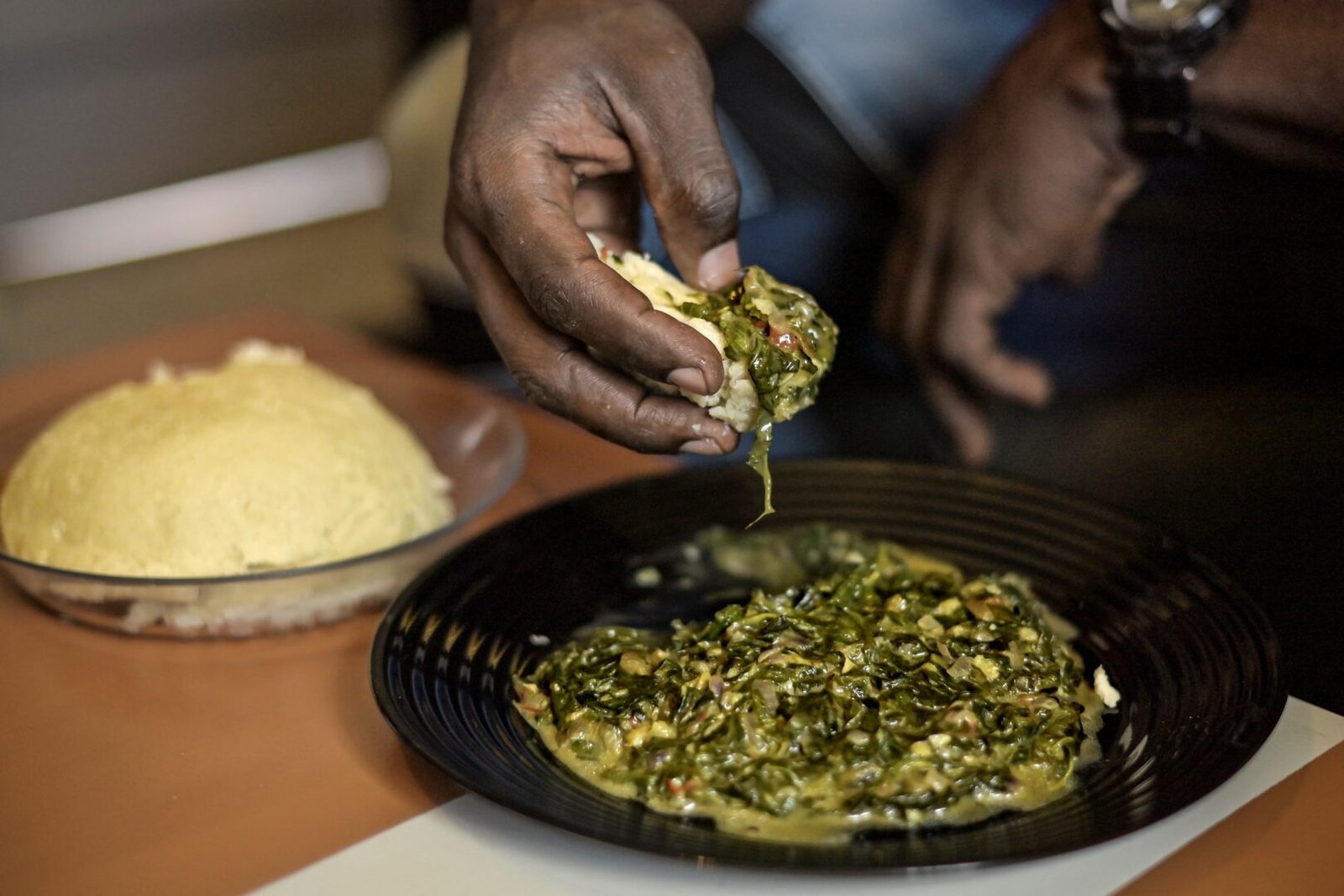NAIROBI, KENYA — A new report by the African Cities Research Consortium has painted a grim picture of the economic hardships facing Nairobi residents.
The study reveals that a significant portion of the population can no longer afford three meals a day, while others have resorted to skipping meals entirely due to soaring food and energy costs.
This economic strain disproportionately impacts those residing in informal settlements, where residents face heightened vulnerability to rising prices.
The report highlights the severe consequences for children living in these communities, with alarmingly high rates of stunting, wasting, underweight, and micronutrient deficiencies.
“Such nutrition –related outcomes of unhealthy diets can significantly impair children’s intellectual and physical development, with negative long-term impacts upon their well-being and socio economic progress more broadly,” the report says.
The report acknowledges that some schools within informal settlements are actively promoting healthier diets, often leveraging existing school feeding programs. However, it highlights a critical gap: these programs primarily target public primary schools, while a significant portion of schools in informal settlements operate informally.
Furthermore, the research examines the quality of essential services within Nairobi, revealing a concerning trend. Many services, including water and sanitation, waste management, and transportation, are provided by informal providers, often resulting in low-quality and inadequate service delivery.
“Cartels-large scale informal providers who establish local monopolies, typically offer costly, hazardous provisions particularly in informal settlements,” the reports say.
The report alleges that these informal service providers often operate with impunity, allegedly protected by political influence or through collusion with official service providers.
Concurrently, the study emphasizes the growing disparity between the demand for services and the capacity to supply them. Nairobi’s rapid population growth and urban expansion are exacerbating these challenges.
The researchers underscore the critical need for integrated and forward-looking planning, particularly in the areas of land use, housing, and infrastructure development.
They argue that the absence of such planning significantly hinders the city’s economic growth and its ability to adapt to the challenges of climate change.
“No matter what we do, development gravity will set in. So, infrastructural development must never be at the expense of social reorientation and mental infrastructure,” Wale Akinyemi, one of the key speakers during the launch of the report noted.
He added that, “And I think developers need to be part of the social reorientation process in order to preserve the integrity of their developments.”
The report underscores the prevalence of informal employment in Nairobi, characterized by low productivity, low wages, and limited social protections for workers.
Furthermore, the study identifies several key challenges hindering Nairobi’s development. These include a high cost of doing business, a large and often unregulated informal economy, and a political environment characterized by rent-seeking behavior. This power struggle often manifests in conflicts and competition between the national and county governments.
The report also criticizes the political leadership in Nairobi, noting a lack of accountability and a pervasive reliance on patronage systems, mirroring similar challenges observed at the national level.
“This hampers the delivery of critical service and infrastructure, especially in Nairobi’s informal settlement,” the research says.
The report highlights stark disparities in housing quality, access to essential infrastructure, and the overall design of Nairobi’s settlements.
Shuaib Lwasa, Director of the African Cities Research Consortium, emphasized that the SCRC research program aims to catalyze urban transformation and foster transformative change within African cities.
“In other words, the change you have all agreed in India and all that you desire for Nairobi that is differently pursued and inclusive of everyone,” Lwasa noted
“Change can be measured in many ways or different means, and the change that we see in Nairobi is very obvious to us, but the question is for you all, is that change for everyone?,” he pointed out.

